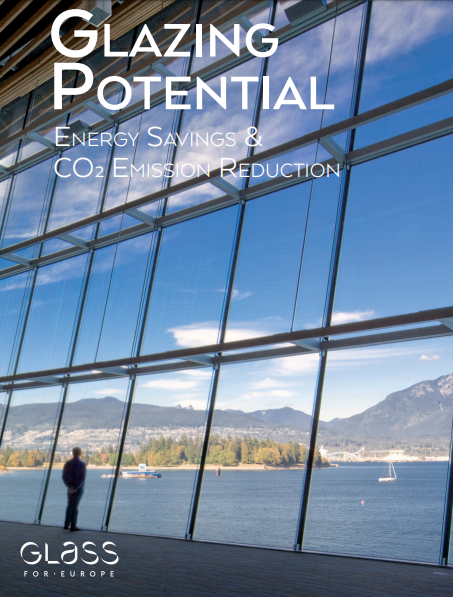Energy saving potential study

Glass for Europe - Glazing Potential
The huge potential for energy savings and carbon dioxide (CO2) emission reductions from using high performance glazing in Europe has been quantified in a new study from Glass for Europe.
Commissioned by the European trade association of flat glass manufacturers, of which NSG Group is an active member, comprehensive modelling was undertaken by Dutch scientific institute TNO. The research reports energy and CO2 savings that can be realised for heating and cooling of buildings across EU Member States by 2030 and 2050.
If all buildings in Europe were installed with windows incorporating high performance glazing, the study found that:
- 75 Mtoe1 of energy could be saved annually, equivalent to a reduction of energy consumption of nearly 30% in buildings
- Almost half of these energy savings can be realised in 10 years, by doubling the annual window renovation rate
- Up to 94 million tonnes of CO2 emissions per year could be avoided
Specifically for the UK, the impact that glass could have is substantial:
- Approaching 10 Mtoe1 of energy could be saved annually in 2030
- A reduction of energy consumption of 32% in buildings could be achieved
- Over 14 million tonnes of CO2 emissions could be avoided annually by 2030
The findings of this latest research emphasise the need for EU and national policies to put energy efficiency first and increase renovation rates of our building stock using high performance glazing available on the market today.
More information about this study, including a breakdown for each country, can be found on the dedicated Glass for Europe webpage.
1 Mtoe is one million tonnes of oil equivalent